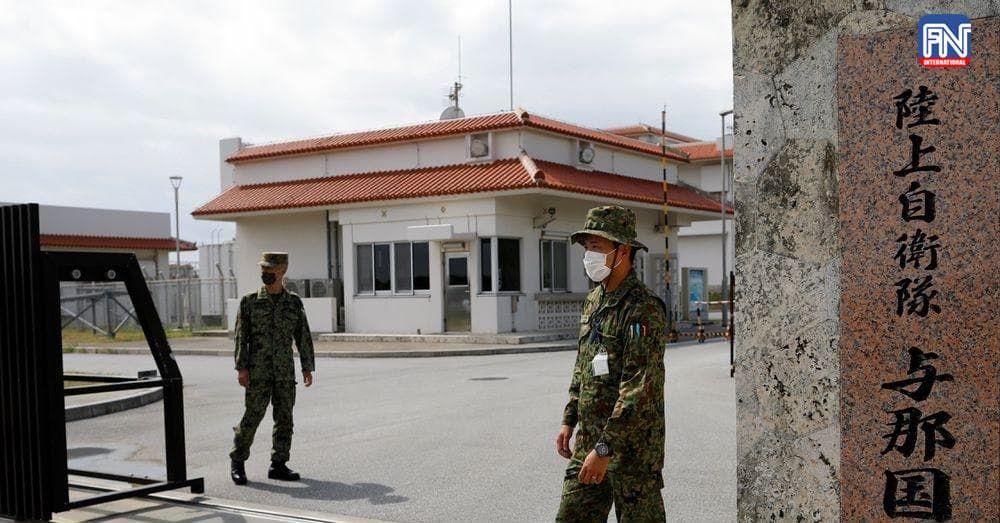China Condemns Japan Missile Deployment on Yonaguni Island, Tensions Rise Near Taiwan
Beijing sharply criticizes Tokyo after Japan announces plans to station a medium range surface to air missile unit on Yonaguni Island, about 110 kilometers from Taiwan. The move deepens an already tense triangular dynamic between China, Japan and Taiwan and raises regional concerns about the potential for miscalculation.

China’s Foreign Ministry on Monday condemned Japan’s plan to deploy a medium range surface to air missile unit on Yonaguni Island, calling the move “extremely dangerous” and accusing Tokyo’s right wing of stoking regional tensions. The Chinese statement said the deployment should prompt concern from the international community and reiterated Beijing’s readiness to defend what it described as its territorial claims.
Tokyo announced the deployment after Defence Minister Shinjiro Koizumi said preparations were progressing to strengthen defenses on Yonaguni, the westernmost inhabited Japanese island in Okinawa prefecture located roughly 110 kilometers from Taiwan. The announcement follows remarks earlier in November by Prime Minister Sanae Takaichi suggesting Japan could take military action if China attacked Taiwan, comments that have already heightened friction between Tokyo and Beijing.
Taipei responded by saying Japan has the right to protect its territory and that the deployment would enhance regional security. The island’s proximity to key air and maritime approaches to Taiwan gives Yonaguni a strategic role far beyond its small size, and the Japanese decision is likely to be read by a range of regional capitals through the prism of cross strait tensions and shifting security postures.
The dispute reflects a broader deterioration in ties between Tokyo and Beijing driven by a series of provocative statements and moves on both sides in recent months. Analysts and diplomats say the immediate consequence will be a harder security calculus across the East China Sea and the waters surrounding Taiwan, where the risk of inadvertent escalation is rising as military deployments cluster closer to national borders and contested areas.
Japan has in recent years been recalibrating its defense posture, describing a need to deter what it sees as coercive behavior in its neighborhood. For Beijing, any enhancement of Japanese air defenses on islands so close to Taiwan appears to feed a narrative of containment and containment like encirclement. For Taipei, close coordination with partners that can help deter aggression is increasingly central to its security thinking.
International law and diplomatic precedent complicate the picture. Yonaguni is sovereign Japanese territory, and states generally retain the right to mount defenses on their own soil. At the same time, military deployments that alter balances in sensitive maritime and aerial corridors can trigger reciprocal actions, a dynamic known as a security dilemma that can worsen tensions even when each party argues it is acting defensively.
Washington and other regional players, while not commenting directly on the deployment at the time of the announcement, will be watching how Tokyo and Beijing manage rhetoric and military activity in the coming days. Restraint and clear communication will be critical to prevent incidents, yet political pressures in all three capitals make a cooling of language difficult.
The Yonaguni decision underscores the fragile interconnectedness of East Asian security, where national measures to protect territory intersect with larger questions about Taiwan’s future, alliance commitments and the rules that govern the use of force. How Tokyo and Beijing choose to follow up on their competing signals will test diplomatic channels that are already strained.


